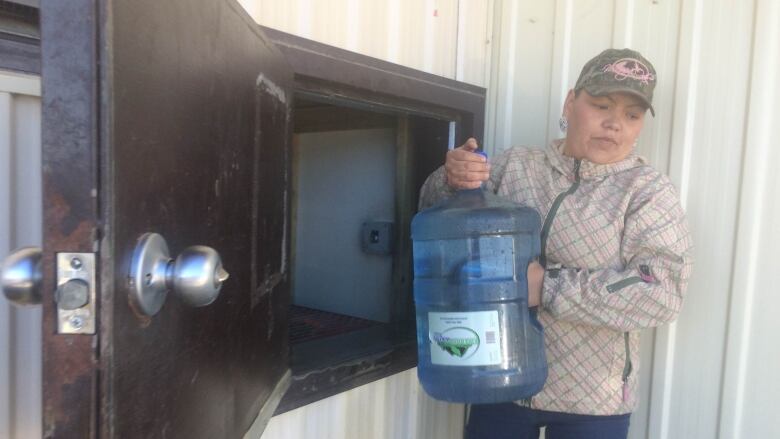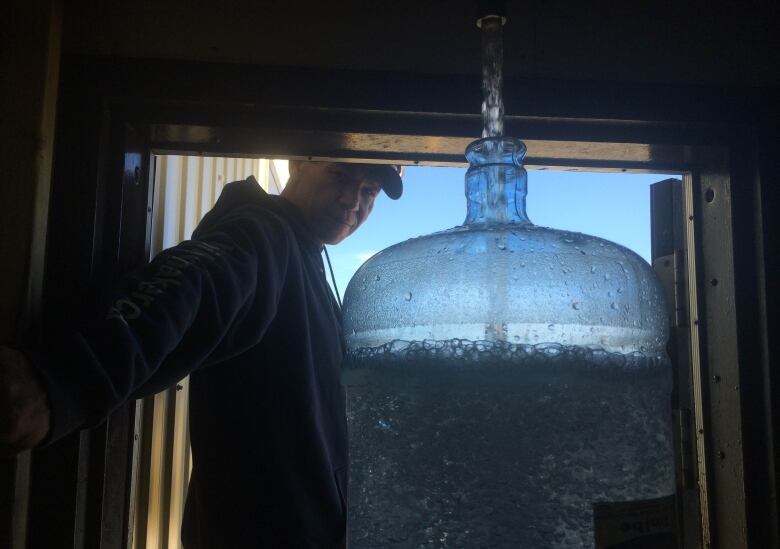Doubt remains in federal government's 5-year timeline to bring safe water to First Nations communities
Canadian government says its on track with 2016 commitment

While the Canadian government says it's on track with its 2016 promise to bring safe water to First Nations communities within five years, some are still calling it an ambitious plan.
"First Nations communities are not homogenous. And the water source is not a homogenous source either, for these communities," said Lalita Bhardawaj, a toxicologist and public health professor at the University of Saskatchewan.
The $1.8-billion commitment was made to end long-term water advisories on INAC-funded public systems on reserve, which would include at least 10 communities in Saskatchewan.
A boil-water advisory has been in effect in Cumberland House for 14 years.
"I can't imagine living without being able to take a drink from tap water," Bhardawaj said.

The professor said there are often numerous issues at play when it comes to water advisories in these communities.
"This could be as a result of poor source water and the treatment facility cannot treat the water to the guidelines that are implemented in Saskatchewan."
Other issues include treatment facilities not being able to treat the tiny contaminants in the water, low or inconsistent pressure in the lines, operation of the treatment plant, access to repairs to treatment plants and access to funding for those repairs.
Thursday's update from INAC said the government continues to work closely with First Nations to prioritize infrastructure investments and streamline funding processes.
According to the release, there were 77 advisories in place in November 2015, and 71 in January 2017.
With files from CBC Radio's Afternoon Edition












_(720p).jpg)


 OFFICIAL HD MUSIC VIDEO.jpg)
.jpg)



























































































